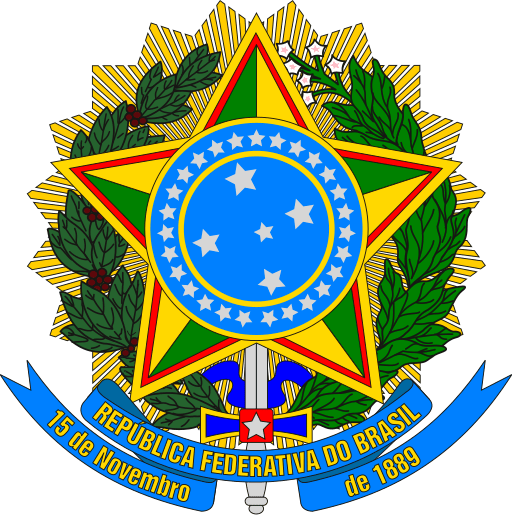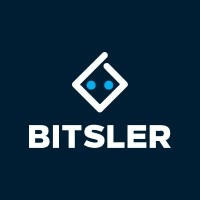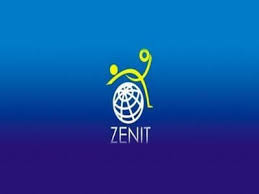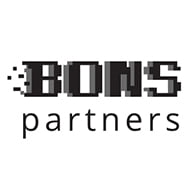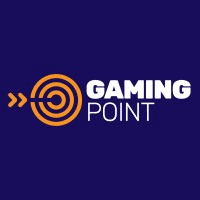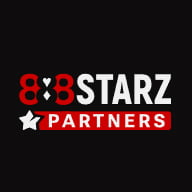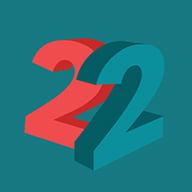Encuestas a la población del país sobre el tema del juego
In 2024, 627 adult players were surveyed. The results showed that the majority of users are satisfied with the legal regulation.
What do players think?
- 48% think licences are needed, but not for everyone;
- 36% strongly support licences;
- 9% are not sure;
- 8% oppose licences.
The majority (84%) are in favour of legalising gambling. 92% of players want clear rules for their safety.
How important it is for Brazilians to gamble within the law:
- 87% consider it very important;
- 6% don't see it as important.
The same group of players were asked, ‘How familiar are you with the laws of online gaming?’ On a scale of 1 to 5, the answers were:
- 21% not at all familiar;
- 25% have little familiarity;
- 13% have a general understanding;
- 31% are well acquainted;
- 9% are fully familiarised.
Only 53% are more or less familiar with the rules - relatively low figures.
However, 69% regularly follow legislative updates, which may indicate some public enquiry of interest in legal iGaming.
‘Brazilians want to play fairly and according to the rules. They are waiting for the laws to become clearer and start protecting their interests.’
Will iGaming bring financial help to the country?
- 76% think no;
- 13% think yes.
What do you think about raising taxes on iGaming?
- 57% support the idea;
- 24% believe that high taxes will discourage investment.
Conclusion: players are sceptical about the state benefit of legalising iGaming and moderately support high taxation of the sphere.
Safe Gaming. How does legalisation of gaming affect the risk of addiction?
- 47% - legalisation will increase the risk of addiction;
- 44% - would have no impact;
- 7% - would reduce the risk.
How will regulation affect money laundering and match-fixing?
- 87% - it will increase the transparency of the market;
- 9% - it will not help.
Conclusion: the majority of players do not believe that the legalisation of iGaming will reduce the level of ludomania. However, they agree that the measure will increase the transparency of the market.
Information security in iGaming. Can you determine if a site is secure?
- 20% - I always can;
- 41% - sometimes yes;
- 28% - don't know how to do it;
- 11% - are sure that they don't.
Conclusion: one in five people are confident that they know how to check the safety of a gambling site. The rest rely on chance.
Do you know how to ensure the safety of personal data when playing for money online?
- 26% - I'm sure I do;
- 34% - more likely to know than not;
- 39% - no, don't know.
Conclusion: digital literacy in online gambling and security needs to be increased among Brazilians.
Online casinos/sports betting. Which gambling games do users play?
- 73% - lotteries;
- 33% - sports betting;
- 21% - scratch;
- 20% - slots;
- 18% - bingo.
Conclusion: the average user plays more than two games.
What casino games do users play?
- blackjack
- roulette;
- slot machines.
As it turns out, bettors have a better understanding of how to recognise a safe site, unlike those who sit at online casinos (75% vs 58%).
This can be attributed to massive advertising campaigns by BC and the operators' connection with football teams too. Both equally approve of licensing.
Who is more influential in shaping gambling policy?
- 39% gaming industry;
- 35% government;
- 31% lobbies;
- 28% legislators;
- 3% religious organisations.
Respondents underestimated the influence of the church. Religious organisations regard any kind of betting as a serious sin and lobby for restrictions on gambling.
Republican legislators, most of whom are on close terms with the church, strongly discourage the growth of gambling. They prefer citizens to donate money to the parish rather than carry it to the casinos.
It is worth considering that Brazil is one of the most religious countries in the world. The majority of Brazilian citizens (88.77%) are Christian.
- Compartir
- prev
- next

